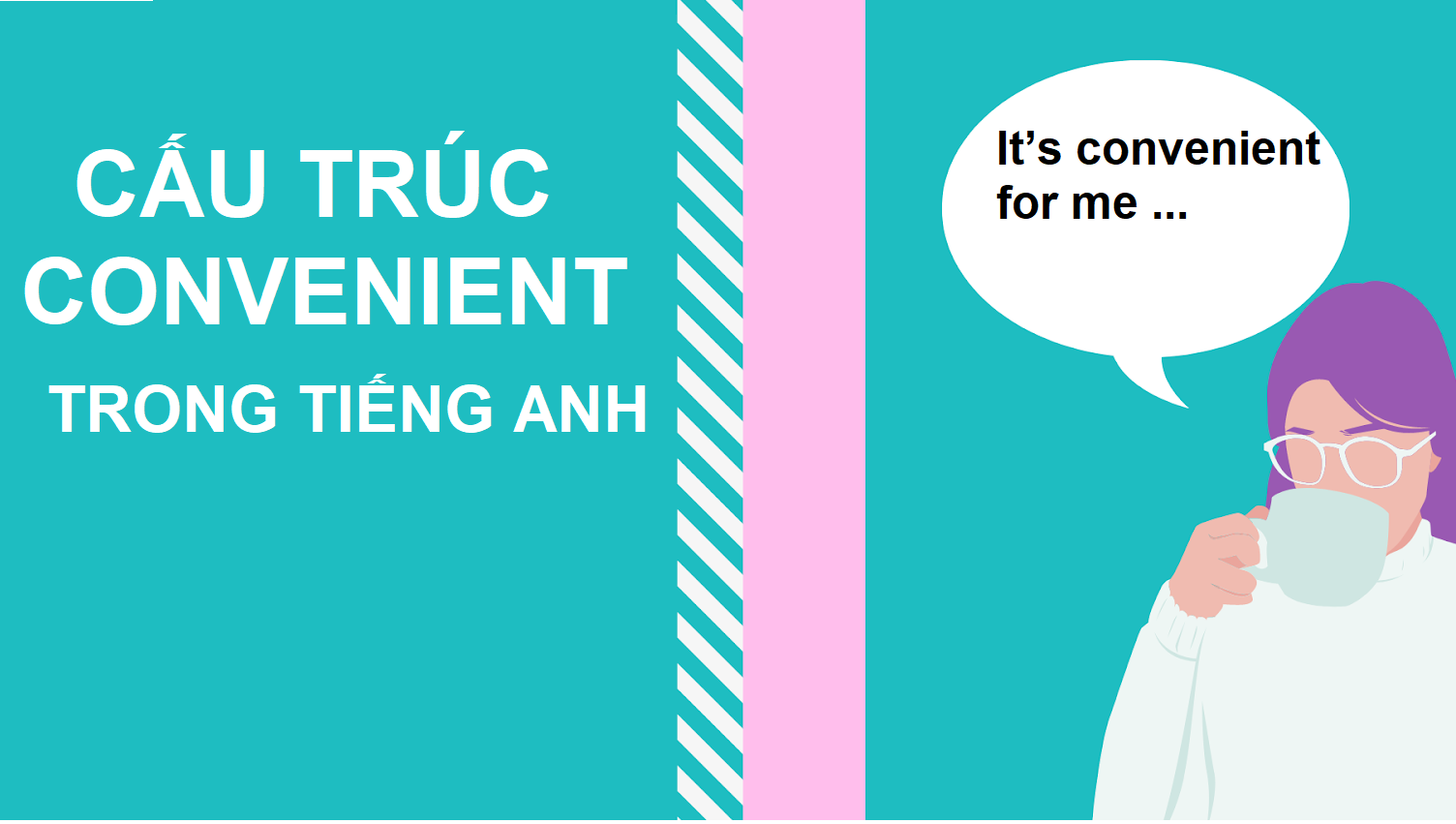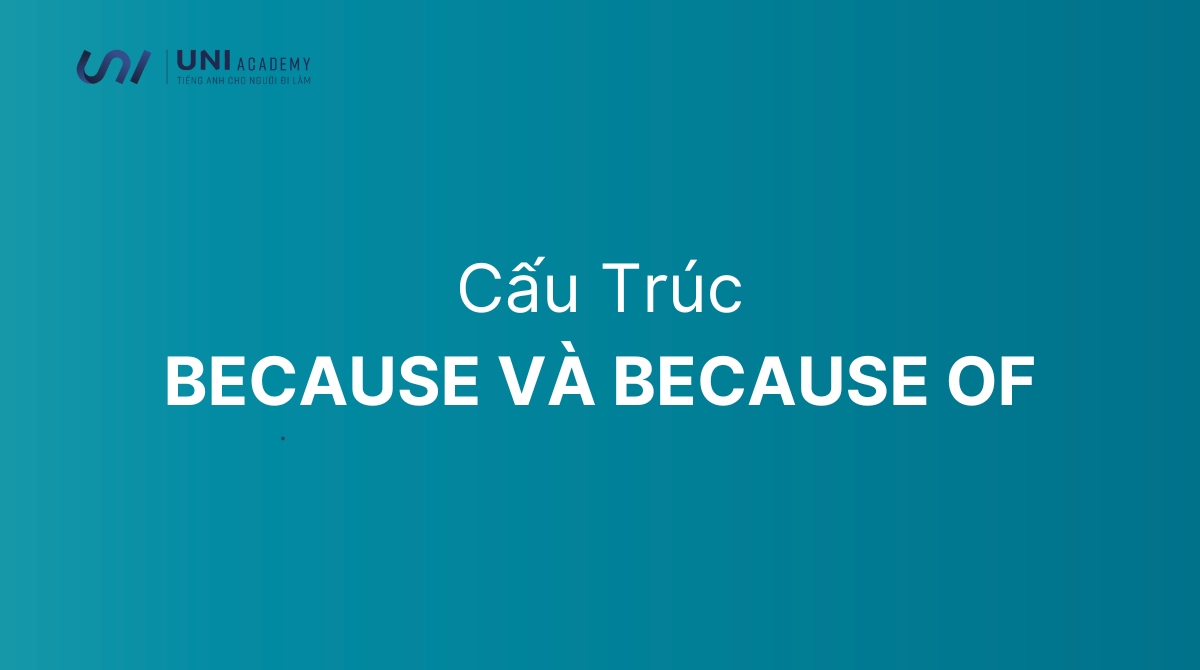Cùng với danh từ, tính từ và trạng từ, động từ trong tiếng Anh là một trong những từ loại rất thông dụng mà chắc chắn bạn nào đã hay đang học tiếng Anh đều phải nghe qua. Vậy động từ là từ loại như thế nào?
Hãy cùng Unia tìm hiểu từ loại này qua bài viết dưới đây nhé!
Nội dung chính
1. Định nghĩa động từ
Động từ (Verb) là những từ và nhóm từ dùng để diễn đạt hành động hoặc trạng thái của chủ ngữ, và có chức năng truyền tải thông tin mấu chốt của câu. Thực tế, ta không thể thành lập câu mà thiếu thành phần này.

Ví dụ:
- She walks to school everyday. Cô ấy đi bộ tới trường mỗi ngày. (Đến trường là đối tượng của hành động.)
- The sky is blue – Bầu trời là màu xanh. (“Is” trong câu thể hiện trạng thái của chủ ngữ “sky”.)
2. Vị trí của động từ trong câu
Dưới đây là 3 vị trí động từ thường gặp nhất trong câu:
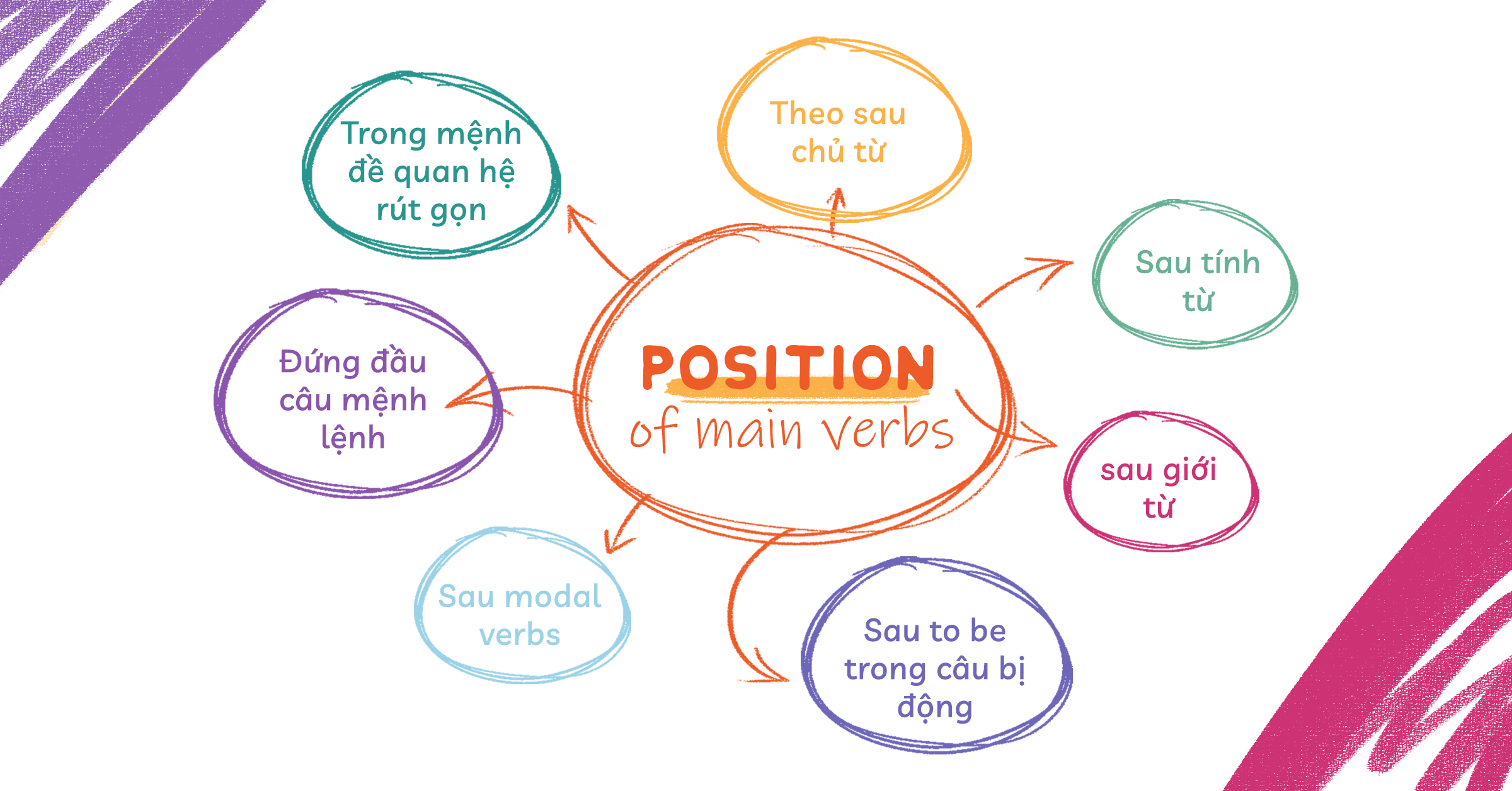
Vị trí động từ trong tiếng Anh – Đứng sau chủ ngữ
Động từ đứng sau chủ ngữ dùng để bổ nghĩa cho chủ thể đó.
Ví dụ:
- She studied in a local primary school. Cô ấy đã học tại một trường tiểu học địa phương.
- He hits the gym every morning. Anh ấy tập gym mỗi buổi sáng.
Vị trí động từ trong tiếng Anh – Đứng sau trạng từ chỉ tần suất
Động từ đứng sau trạng từ chỉ tần suất trong các câu diễn tả thói quen.
Ví dụ:
- She often stays up larte. Cô ấy thường xuyên ngủ muộn.
- I rarely play video games. Tôi hiếm khi chơi video games.
Các trạng từ chỉ tần suất thông dụng.
- Never: Không bao giờ
- Seldom: Hiếm khi
- Rarely: Hiêm khi
- Sometimes: Đôi khi
- Often: Thường
- Usually: Thường xuyên
- Always: Luôn luôn
Vị trí động từ trong tiếng Anh – Đứng trước tân ngữ
Trong tiếng Anh, động từ sẽ đứng trước tân ngữ.
Ví dụ:
- Open the door the guest is coming! Mở cửa ra, vị khách đang đến!
- Pass me that glass, please! Vui lòng truyền cho tôi chiếc ly đó!
Vị trí động từ trong tiếng Anh – Đứng trước tính từ
Động từ tobe, các tình thái từ (động từ không diễn tả hành động).
Ví dụ:
- That cake tastes nice. Chiếc bánh đó ngon.
- She is gorgeous. Cô ấy thật lộng lẫy.
3. Phân loại động từ
Có rất nhiều loại động từ. Cùng xem nhé!
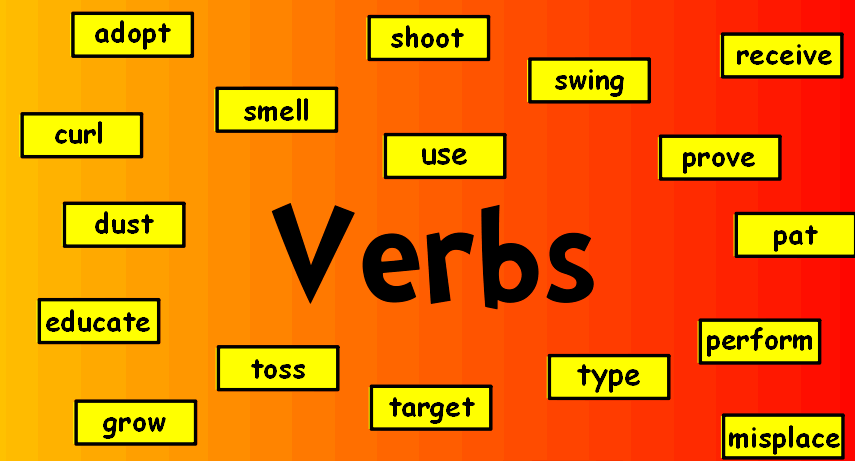
Nội động từ
Nội động từ mô tả hành động của chủ thể, không cần có tân ngữ theo sau mà vẫn diễn đạt đầy đủ ý.
Ví dụ:
- He sleeps peacefully.
- I sing everyday.
Ngoại động từ
Ngoại động từ được sử dụng để biểu đạt người hoặc vật bị tác động bởi hành động của chủ thể. Người hay vật bị tác động này là tân ngữ và câu sẽ không hoàn chỉnh nếu thiếu thành phần này.
Ví dụ:
- He saves 10 bucks by staying at home.
- She gave him his belongings.
4. Phân loại động từ theo vai trò
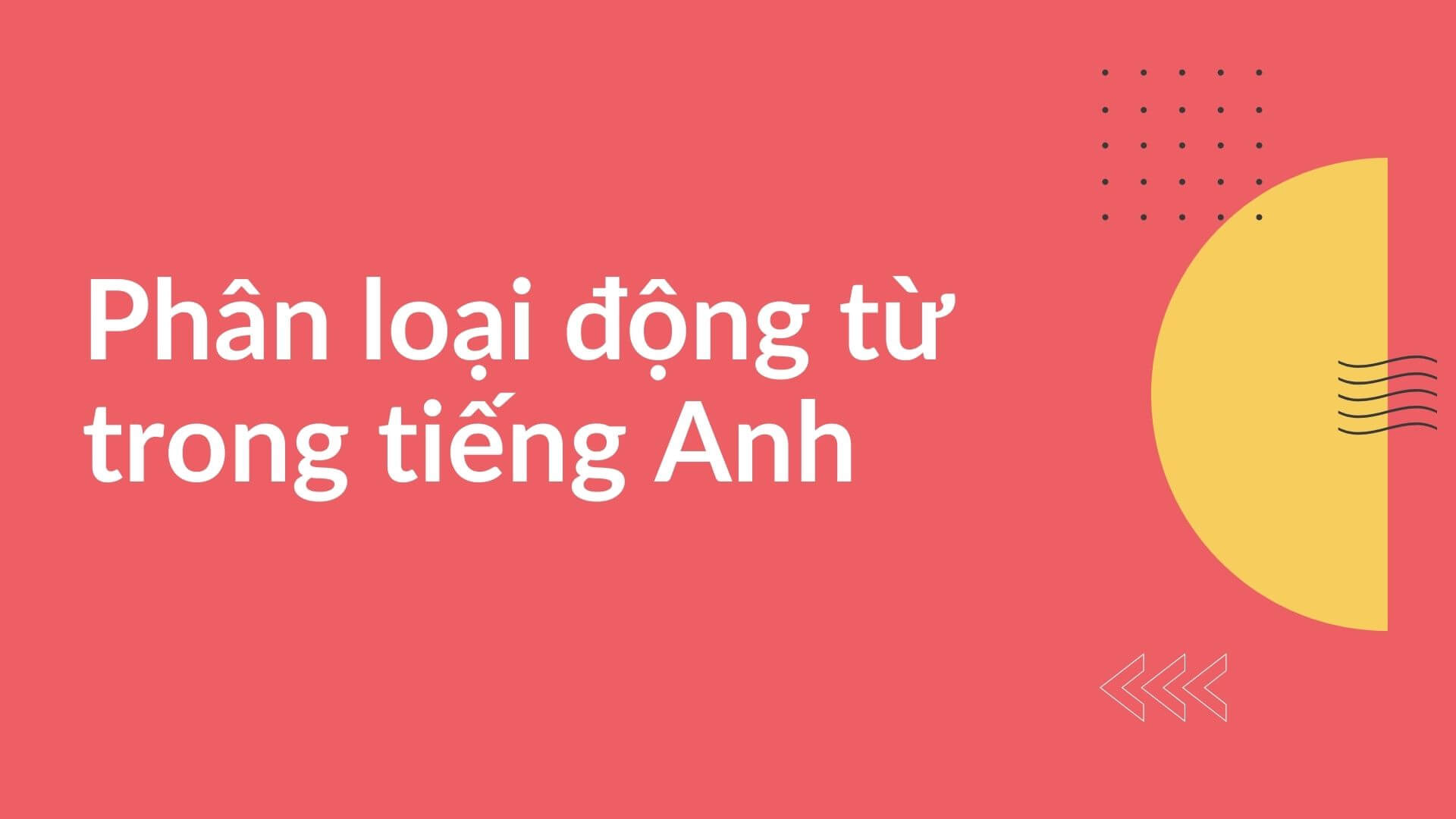
Trợ động từ
Là các động từ theo sau bởi các động từ khác để hình thành câu, bao gồm: “to be, to have”. Hai động từ này vừa có thể đóng vai trò trợ động từ, vừa có thể đóng vai trò động từ thường.
Ví dụ:
- They are friends. (Động từ thường)
- We are playing table tennis. (Trợ động từ)
- She had a good day. (Động từ thường)
- He had left before I came. (Trợ động từ)
Động từ tobe
Động từ Tobe sẽ thay đổi dựa theo nhiều yếu tố như:
- Câu ở thể khẳng định, phủ định, nghi vấn hay câu hỏi.
- Ngôi chủ ngữ.
- Các thì trong tiếng Anh.
Thể khẳng định (Positive): Tobe ở trong câu khẳng định sẽ đứng sau chủ ngữ và thay đổi theo ngôi của chủ ngữ. Cụ thể như sau:
| Chủ Ngữ | Tobe (khẳng định) | Dạng viết ngắn (khẳng định) |
| I | Am | I’m |
| He/ She/ It | Is | He’s/ She’s/ It’s |
| We | Are | We’re |
| You | Are | You’re |
| They | Are | They’re |
Thể phủ định (Negative): Tobe ở trong câu phủ định sẽ có vị trí và theo ngôi tương tự như là đối với câu khẳng định. Tuy nhiên, mình sẽ thêm “Not” đằng sau động từ tobe.
| Chủ Ngữ | Tobe (phủ định) | Dạng viết ngắn (Phủ Định) |
| I | Am not | I’m not |
| He/ She/ It | Is not | He/ She/ It + isn’t He’s/ She’s/ It’s + not |
| We | Are not | We‘re not/ We aren’t |
| You | Are not | You‘re not/ You aren’t |
| They | Are not | They‘re not/ They aren’t |
Đối với loại câu hỏi nghi vấn (Yes No Question): Tobe có vai trò đứng đầu câu, trước chủ ngữ và được chia theo ngôi như quy tắc vừa được nhắc tới.
| Yes/No Questions | Short Answers | ||
| Am | I | late? | Yes, I am. No, I‘m not. |
| Is | He/ She/ It | Yes, he/ she/ it is. | No, he/ she/ it isn’t. No he‘s/ she‘s/ it‘s not |
| Are | We | Yes, we are. | No, we aren’t/ we‘re not. |
| Are | You | Yes, you are. | No, you aren’t/ you‘re not. |
| Are | They | Yes, they are. | No, they aren’t/ they‘re not. |
Trong câu hỏi có từ để hỏi (WH-question): Mình sẽ đặt tobe đằng sau từ để hỏi, và nó cũng chia theo ngôi như nguyên tắc vừa rồi:
| Wh-QUESTIONS | ||
| Where | Am | you? |
| Who | Are | you? |
| What | Is (‘s) | your job? |
| How old | Is (‘s) | your brother? |
Chức năng của động từ tobe:
- Tobe được dùng để mô tả người và vật.
- Tobe được dùng để nói về cảm xúc hoặc ý kiến quan điểm về cái gì, điều đó.
- Tobe được dùng để tả vị trí và thời gian.
- Tobe dùng để mô tả các thông tin như tuổi tác, quốc tịch, nghề nghiệp, màu sắc.
Động từ khiếm khuyết
Động từ khiếm khuyết được sử dụng để diễn tả khả năng, tính chắc chắn, sự cho phép, sự bắt buộc: Can, could, ought to, may, might, will, shall, must, should, would.
Luôn được đi kèm sau một động từ nguyên mẫu và không thay đổi dù đứng với các chủ ngữ khác nhau.
Ví dụ:
- I can do it.
- He can drive very well.
Ở dạng phủ định, chỉ cần thêm “not” và không cần trợ động từ đi kèm và ở dạng nghi vấn thì đổi vị trí động từ dạng này ra trước chủ ngữ.
Ví dụ: He should submit his paper before June. → Should he submit his paper before June?
Động từ thường
Động từ thường là những động từ còn lại ngoài hai loại trên.
Động từ chỉ hành động
Động từ chỉ hành động là những động từ diễn tả hoạt động của chính chủ thể.
Ví dụ:
- We travelled a lot last year.
- My dad spanks me.
- The police said he did it.
Động từ mô tả trạng thái
Động từ mô tả trạng thái là dạng động từ này không dùng để mô tả hoạt động mà diễn đạt cảm xúc, trạng thái của chủ thể. Thường được dùng kèm tính từ.
Ví dụ:
- I feel blue
- He is very good at flirting
Động từ biểu đạt nhận thức
Động từ biểu đạt nhận thức bao gồm những động từ thể hiện các hoạt động về phần nhận thức của chủ thể như tưởng tượng, suy luận, nhận biết, thấu hiểu.
Ví dụ:
- He completely understood what I said.
- I recognize her immediately.
5. Một số động từ thường gặp
| Walk: Đi bộ Run: Chạy Tiptoe: Đi nhón chân Crawl: Bò, trườn Lift: Nâng lên, nhấc lên Throw: Ném, vứt, quăng Bend: Cúi xuống Dive: Nhảy lao đầu xuống nước, lặn Jump: Nhảy, giật mình Sit down: Ngồi xuống Stand up: Đứng lên Crouch: Né, núp Carry: Mang, vác Lean: Dựa, tựa, chống Kneel: Quỳ Hit: Đánh Use: Dùng Find: Tìm thấy Want: Muốn Tell: Nói Put: Đặt Mean: Nghĩa là Become: Trở thành Leave: Rời khỏi Work: Làm việc Need: Cần | Push: Đẩy Pull: Kéo Laugh: Cười Teach: Dạy, dạy học Swim: Bơi Knit: Đan Write: Viết Hammer: Đóng, nện Fish: Câu cá Listen: Nghe Cry: Khóc Cook: Nấu Be: Là Have: Có Do: Làm Say: Nói Get: Được Make: Làm Go: Đi See: Thấy Know: Biết Take: Lấy Think: Nghĩ Come: Đến Give: Cho Look: Nhìn |
6. Bài tập về động từ

Exercise 1: Chọn đáp án đúng
1. Al’s doctor insists______ for a few days.
A. that he is resting B. his resting C. him to rest D. that he rest
2. I don’t like iced tea, and ______.
A. she doesn’t too B. either doesn’t she C. neither does she D. she doesn’t neither
3. We wish that you_______ such a lot of work, because we know that you would have enjoyed the party.
A. hadn’t had B. hadn’t C. didn’t have had D. hadn’t have
4. Since your roommate is visiting her family this weekend, _______ you like to have dinner with us tonight.
A. will B. won’t C. do D. wouldn’t
5. Please______ photocopies of documents.
A. not to submit B. do not submit C. no submit D. not submit
6. I __________ bacon and eggs every morning.
A. am used to eat B. used to eating C. am used to eating D. use to eat
7. The team really looks good tonight because the coach had them________ every night this week.
A. practice B. practiced C. to practice D. the practice
8. Would you mind _________ please?
A. to answer the telephone B. answering the telephone C. answer the telephone D. to the telephone answering
9. You ________ your seats today if you want to go to the game.
A. had better to reserve B. had to better reserve
C. had better reserve D. had to reserve better
10. If it___________ so late we could have coffee.
A. wasn’t B. isn’t C. weren’t D. not be
11. Your sister used to visit you quite often________?
A. didn’t she B. doesn’t she C. wouldn’t she D. hadn’t she
12. If Bod _______ with us, he would have had a good time.
A. would come B. would have come C. had come B. came
13. Frankly, I’d rather you________ anything about if for the time being.
A. do B. didn’t do C. don’t D. didn’t
14. Since they aren’t answering their telephone, they_________
A. must have left B. need have left C. should have left D. can have left
15. We were hurrying because we thought that the bell_________
A. had already rang B. has already rang
C. had already rung D. have already ringing
16. The brakes need _________
A. adjusted B. to adjust C. to adjustment D. adjusting
17. I wish that we_____ with my brother when he flies to England next week.
A. could go B. will go C. had gone D. are going
18. I am sure Miss Smith_______ use the new equipment.
A. knows to B. knows the C. knows how to D. knows how
19. Mary and John ________ to the parties at the Student Union every Friday.
A. used to go B. use to go C. are used to go D. were used to go
20. You ___________ me, because I didn’t say that.
A. must misunderstand B. must be misunderstanding
C. must have misunderstood D. had to misunderstand
Exercise 2: Chọn đáp án đúng
1. I hadn’t expected James to apologize but I had hoped_____
A. him calling me B. that he would call me
C. him to call me D. that he call me
2. My husband lived at home before we were married, and so______
A. did I B. had I C. I had D. I did
3. Does your new secretary _________ shorthand?
A. know to take B. know how to take C. know how take D. know how taking
4. Tommy had his big brother _________ his shoes for him.
A. to tie B. tie C. tied D. tying
5. I wish that he weather_______ not so warm.
A. was B. be C. were D. is
6. His English teacher recommends that he_______ a regular degree program.
A. begin B. begins C. will begin D. is beginning
7. Let’s go out for dinner, _________?
A. will we B. don’t we C. shall we D. are were
8. I’d __________ the operation unless it is absolutely necessary.
A. rather not have B. not rather had C. rather not to have D. rather not having
9. Would you please____________ write on the test books?
A. don’t B. not to C. not D. to not
10. The old man asked her to move because he__________ in that chair.
A. used to sit B. was used to sit C. used to sitting D. was used to sitting
11. After the way she treated you, if I _______ in your place, I wouldn’t return the call.
A. be B. am C. was D. were
12. If I ________ the flu I would have gone with you.
A. hadn’t B. hadn’t had C. didn’t have D. wouldn’t have had
13. He’s taken his medicine, _______?
A. hasn’t he C. didn’t he C. doesn’t he D. isn’t he
14. Your mother and I are looking forward_______ you.
A. of seeing B. for seeing C. to see D. to seeing
15. It is imperative that you ________ there in person.
A. be B. will be C. will D. are
16. _________ you rather sit by the window?
A. Don’t B. Will C. Wouldn’t D. Won’t
17. His government insisted that he________ until he finished hi degree.
A. should stay B. shall stay C. stayed D. stay
18. After he had researched and ________ his paper, he found some additional material that he should have included.
A. wrote B. written C. writing D. have written
19. The man who was driving the truck would not admit that he had been at fault, and_______
A. neither the other driver B. neither would the other driver
C. neither had the other driver D. the other driver neither
20. If it__________ rain, we’ll have the party outside.
A. wouldn’t B. doesn’t C. didn’t D. won’t
Đáp án
| Exercise 1 | Exercise 2 |
| 1D 2C 3A 4D 5B 6C 7A 8B 9C 10C 11A 12C 13B 14A 15C 16D 17A 18C 19A 20C | 1B 2C 3A 4D 5B 6C 7A 8B 9C 10C 11A 12C 13A 14D 15A 16C 17D 18B 19B 20B |
Với chia sẻ kiến thức và bài tập ở trên, các bạn hãy cố gắng hoàn thành bài tập để ghi nhớ tốt hơn. Hy vọng các bạn đã có được nhiều kiến thức về động từ, củng cố kiến thức, nâng cao trình độ bản thân, giúp việc học tiếng Anh được tốt hơn!





